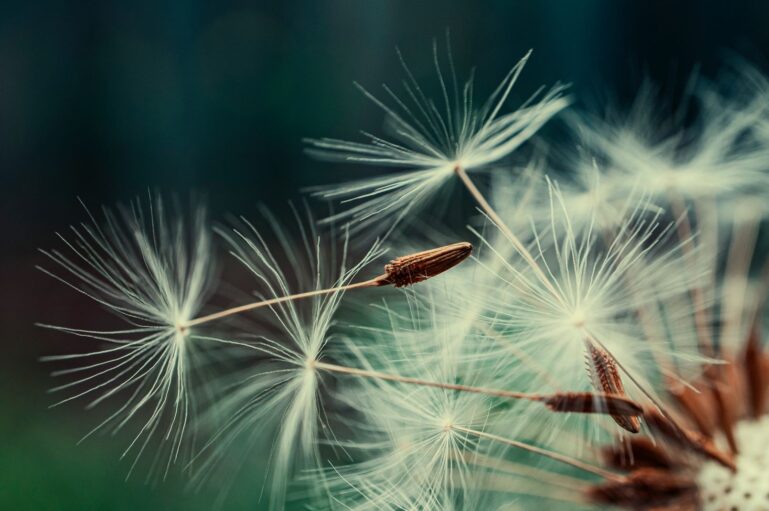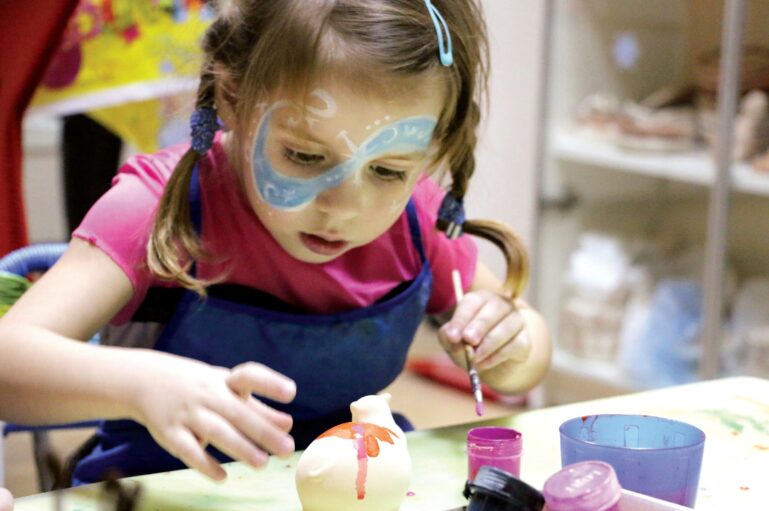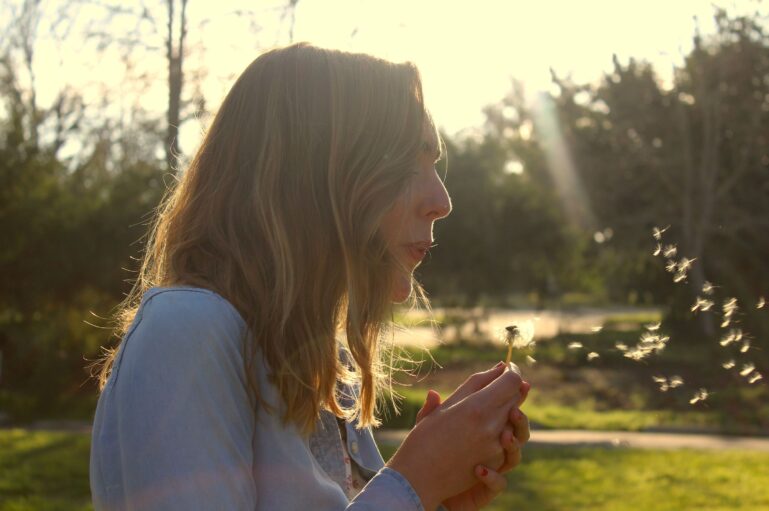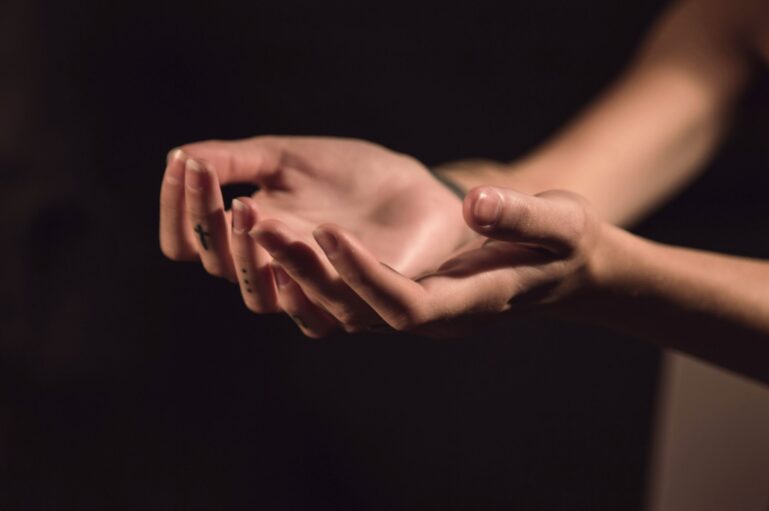“If dandelions were rare and fragile, people would knock themselves out to pay $14.95 a plant, raise them by hand in greenhouses, and form dandelion societies and all that. But they are everywhere and don’t need us and kind of do what they please. So, we call them weeds and murder them at every opportunity” (Robert Fulghum)
From the beginning of time, people have been treating others with disdain. In spite of the relative sophistication of our modern environment, we are still desperately wicked, finding ways to triumph over anyone who is slightly different to ourselves, or positioning ourselves selfishly with simply no consideration for those we are hurting in the process. Greed, malice, and a lust for power drive unscrupulous behaviour – a behaviour that sees others as “weeds” and we end up “murdering them at every opportunity”.
Despite pleas of ‘tolerance’ from politicians, the clergy and others in leadership, hatred expresses itself in extremism with resulting bloodshed. The value placed on human life is near to non-existent and people are losing hope everywhere. Many live in fear, some live “looking over their shoulders” with unease, while others struggle with mental health issues like anxiety and depression. Many are hungry. Many are sad. Many are cold. Many are alone. Many have no hope. As Fulghum poignantly asks: “Is it always to be a winners-losers world, or can we keep everyone in the game? Do we still have what it takes to find a better way?”
While the human condition seems to be desperate, there are some who still care. These champions of hope treat others with respect and assist where they can. They find ways to uphold the dignity of the human being and express love to the seemingly unlovable. They recognise that “yelling at living things does tend to kill the spirit in them. Sticks and stones may break our bones, but words will break our hearts” (Fulghum). There are some that lead with integrity and respect – Jacinda Ardern (New Zealand Prime Minister) leads with a ‘kindness’ maxim. There are some that dedicate their lives to find solutions for the many challenges that all people face (our hats go off to them). We, however, all need to be involved in creating a better world – one based on healthy relationships, love, and trust. Perhaps “love your neighbour as yourself” should guide our hearts and actions. We could learn a lot from crayons. Some are sharp, some are pretty, some are dull, while others bright, some have weird names, but they all have learned to live together in the same box.
We need to learn to uphold the dignity of the human being. Finally, as Fulghum notes: “Sometimes, when asked the what-do-you-do question, it occurs to me to say that I work for the government. I have a government job, essential to national security. I AM A CITIZEN. Like the Supreme Court judges, my job is for life, and the well-being of my country depends on me. It seems fair to think that I should be held accountable for my record in the same way I expect accountability from those who seek elected office. I would like to be able to say that I can stand on my record and am proud of it.”
Treat everyone with respect and uphold the dignity of the human being.










